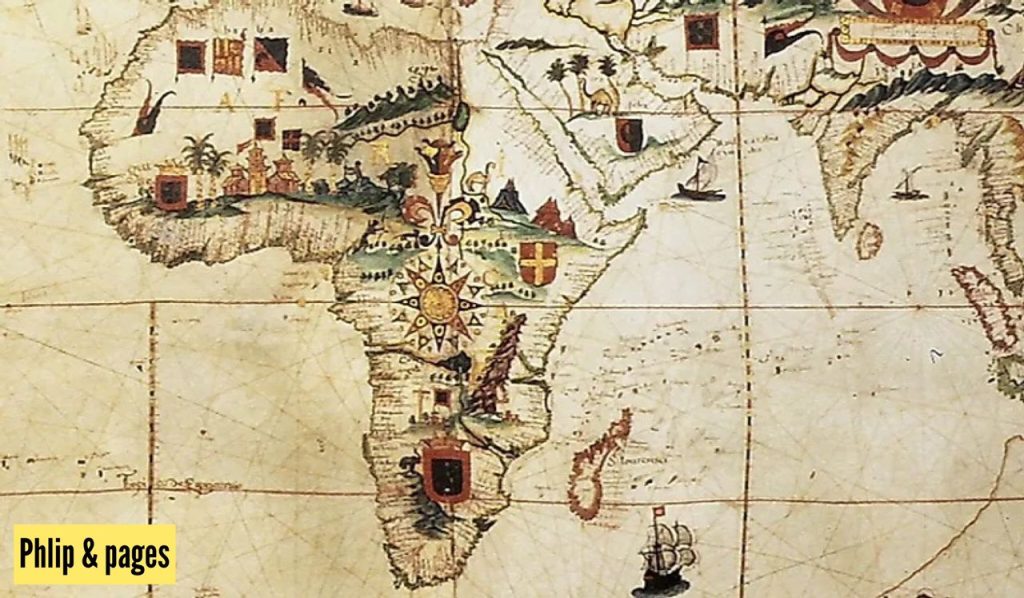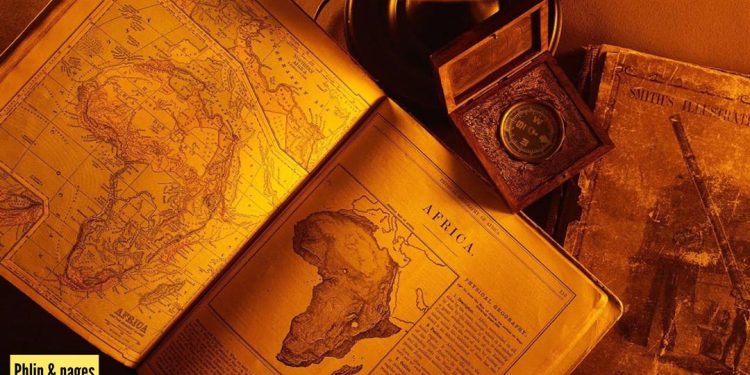African literature has been a powerful medium for post-colonial discourse, enabling the continent to tell its own stories, reclaim narratives, and ignite a mental revolution. Through the exploration of themes such as identity, cultural hybridity, and resistance against oppressive systems, African writers have challenged dominant colonial perspectives while fostering a sense of pride in African heritage.
During the era of colonization, European powers not only imposed their political control but also sought to shape the literary landscape by promoting Western literature at the expense of indigenous voices. This erasure marginalized African storytelling traditions and limited representation in global literary conversations.
However, with the rise of post-colonial thought came a wave of African writers who used literature as a tool for decolonization. Writers like Chinua Achebe (Nigeria), Ngugi wa Thiong’o (Kenya), Tsitsi Dangarembga (Zimbabwe), and many others embarked on journeys that explored Africa’s complex history through diverse characters and narratives.

These authors confronted colonial stereotypes head-on while offering alternative perspectives on Africa’s past and present realities. By challenging Eurocentric notions of civilization or progress through their writing – they emphasized that Africa had its own rich intellectual traditions worthy of recognition.
African literature became an avenue for exploring questions related to cultural identity in post-colonial societies. Authors often depicted characters caught between multiple worlds – negotiating tensions between traditional customs inherited from their ancestors and modern influences brought by colonization. These stories offered readers insight into the complexities faced by Africans striving to define themselves amidst changing times.
Moreover, these literary works celebrated cultural resilience and acts of resistance against oppression. They shed light on historical events that were suppressed or overlooked under colonial rule – highlighting forgotten heroes who played significant roles in shaping Africa’s destiny beyond what was portrayed by dominant narratives.
Through these stories emerged a renewed sense of agency among African readers. Literature became a source of inspiration, empowering individuals to reimagine their place in society and envision a future free from the limitations imposed by colonization.
However, it is essential to recognize that African literature does not represent a monolithic narrative. It encompasses diverse voices across various countries and regions, each offering unique perspectives on Africa’s mental revolution. Furthermore, while post-colonial literature has been instrumental in challenging dominant narratives, addressing socio-economic disparities and systemic barriers requires comprehensive efforts beyond the realm of literature alone.
Conclusion

African literature has played a crucial role in post-colonial discourse by providing platforms for reclaiming narratives and fostering a mental revolution across the continent. Through exploration of identity, cultural hybridity, resistance against oppression – these stories have empowered Africans to challenge Eurocentric perspectives while celebrating their heritage. As Africa continues its journey towards self-determination, African literature will remain an important tool for shaping collective consciousness and inspiring future generations toward positive change.
















